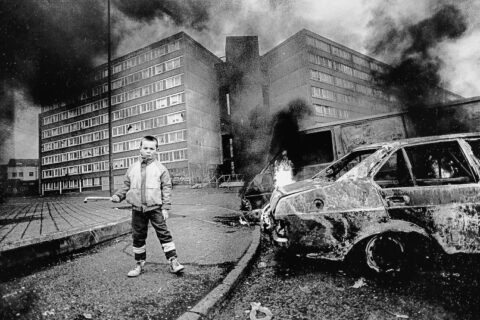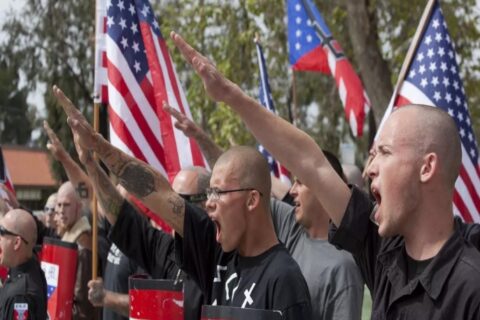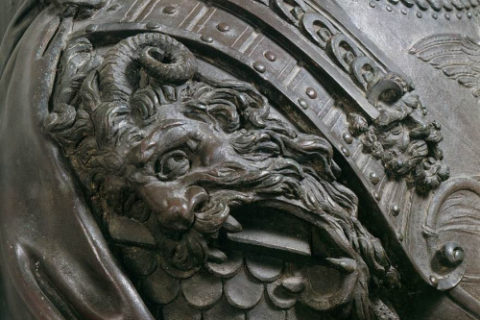If you grew up in the Mid-Atlantic States, you’re probably familiar with a road that most towns have. It’s called Meetinghouse Road. On this road, you’ll find an old church. Sometimes it’s a good one with the cooing and crying of babies in the pews and righteous preaching from the pulpit. Sometimes, it’s a bad one with yapping lap-dogs and cat-ladies softly-dozing over a “Beatles Mass” and calls for free-love and self-obliteration.
The idea is that the Church was the focal point of the community. Sundays you went to services. Other days, or after the service, the men convened to talk business of the Church, the community and the future. You’d find the local lawyer, the local doctor and the local magistrate all conversing amicably with the local farmers and tradesmen. Most of their conversations, you could distill down to three distinct questions. What has happened? Where are we right now? Where are we headed?
These conversations shaped the future of the community as the stakeholders mulled over the many questions and concerns that faced the commons. What you got out of this was a community that had a chance to get itself together and where people were able to put all their cards on the table. This allowed the community to act organically, as a whole, in situations that concerned their interests and to present a united front to a coercive and aggressive adversary.
With a united front, a community had a much better chance to withstand the onslaught of exterior foes. Now we have disjointed, atomized individuals. Our enemies go hill to hill, house to house. Good people worry about problems their neighbors could help with. Doctors pay plumbers out of the phone book to fix their pipes, law firms to litigate their problems and get a subscription they saw online for locally sourced food. Farmers rely on mega-doc insurance boondoggles to stay healthy and law firms to represent them. When you run out of money, you run out of luck.These contracted relationships are transient and lack the true commitment that comes with a common fraternal interest. Meanwhile, small communities didn’t have these problems. You stood shoulder-to-shoulder with your peers and supported one another, because if one man broke off, your phalanx failed.
And, it all came from the Meetinghouse Road.
We need to find one another in our meetinghouses and to help other people understand that if we do not raise one another up, we shall fall one by one until there’s not a man left fit to stand against the tide that crashes against us.





Good article. Really good some good warm vibes flowing with which I’m in complete agreement. This is the kind of stuff I like to see.
Agree, we’ll said
*well